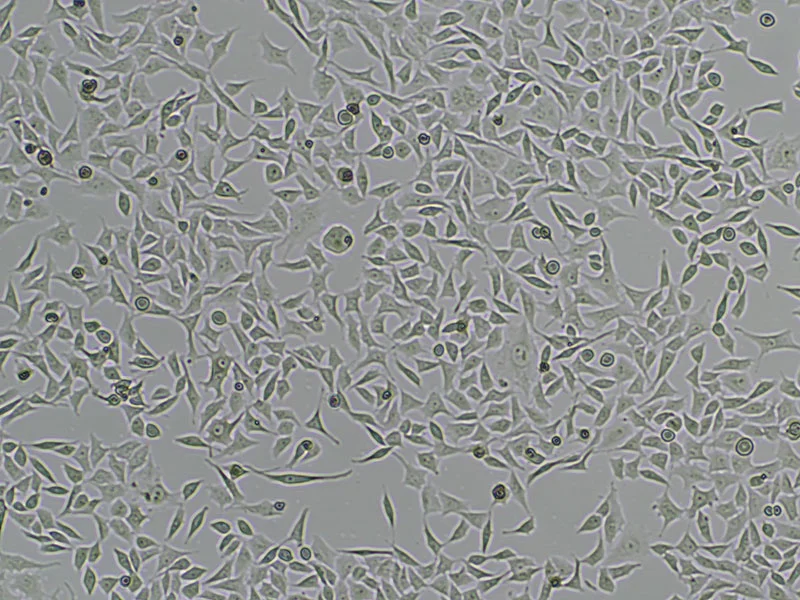-
Happy Holidays from AcceGen! Orders placed during Dec 22–Jan 2 will be processed and shipped after operations resume. Please plan ahead.
Featured Products
- In-Stock Tumor Cell Lines
- Human Orbital Fibroblasts
- Human Microglia
- Human Pulmonary Alveolar Epithelial Cells
- Human Colonic Fibroblasts
- Human Type II Alveolar Epithelial Cells
- Human Valvular Interstitial Cells
- Human Thyroid Epithelial Cells
- C57BL/6 Mouse Dermal Fibroblasts
- Human Alveolar Macrophages
- Human Dermal Fibroblasts, Adult
- Human Lung Fibroblasts, Adult
- Human Retinal Muller Cells
- Human Articular Chondrocytes
- Human Retinal Pigment Epithelial Cells
- Human Pancreatic Islets of Langerhans Cells
- Human Kidney Podocyte Cells
- Human Renal Proximal Tubule Cells
Primary Cells
Explore Products





 The PC-3 cell line is an essential model in prostate cancer research, allowing in-depth investigation into molecular and biochemical pathways involved in advanced-stage prostate cancer. It is widely used to evaluate responses to chemotherapeutic agents and explore mechanisms of drug resistance. Beyond this, PC-3 cells are commonly employed in virology studies particularly in understanding how viral infections interact with immune-related pathwasy in mammalian cells. Their compatibility with transfection techniques also makes them a reliable host for genetic and molecular biology studies. PC-3 cells are particularly valuable for modeling tumor microenvironments and assessing the therapeutic potential of experimental drugs and treatment strategies.
The PC-3 cell line is an essential model in prostate cancer research, allowing in-depth investigation into molecular and biochemical pathways involved in advanced-stage prostate cancer. It is widely used to evaluate responses to chemotherapeutic agents and explore mechanisms of drug resistance. Beyond this, PC-3 cells are commonly employed in virology studies particularly in understanding how viral infections interact with immune-related pathwasy in mammalian cells. Their compatibility with transfection techniques also makes them a reliable host for genetic and molecular biology studies. PC-3 cells are particularly valuable for modeling tumor microenvironments and assessing the therapeutic potential of experimental drugs and treatment strategies.